What is World No 1 Food?
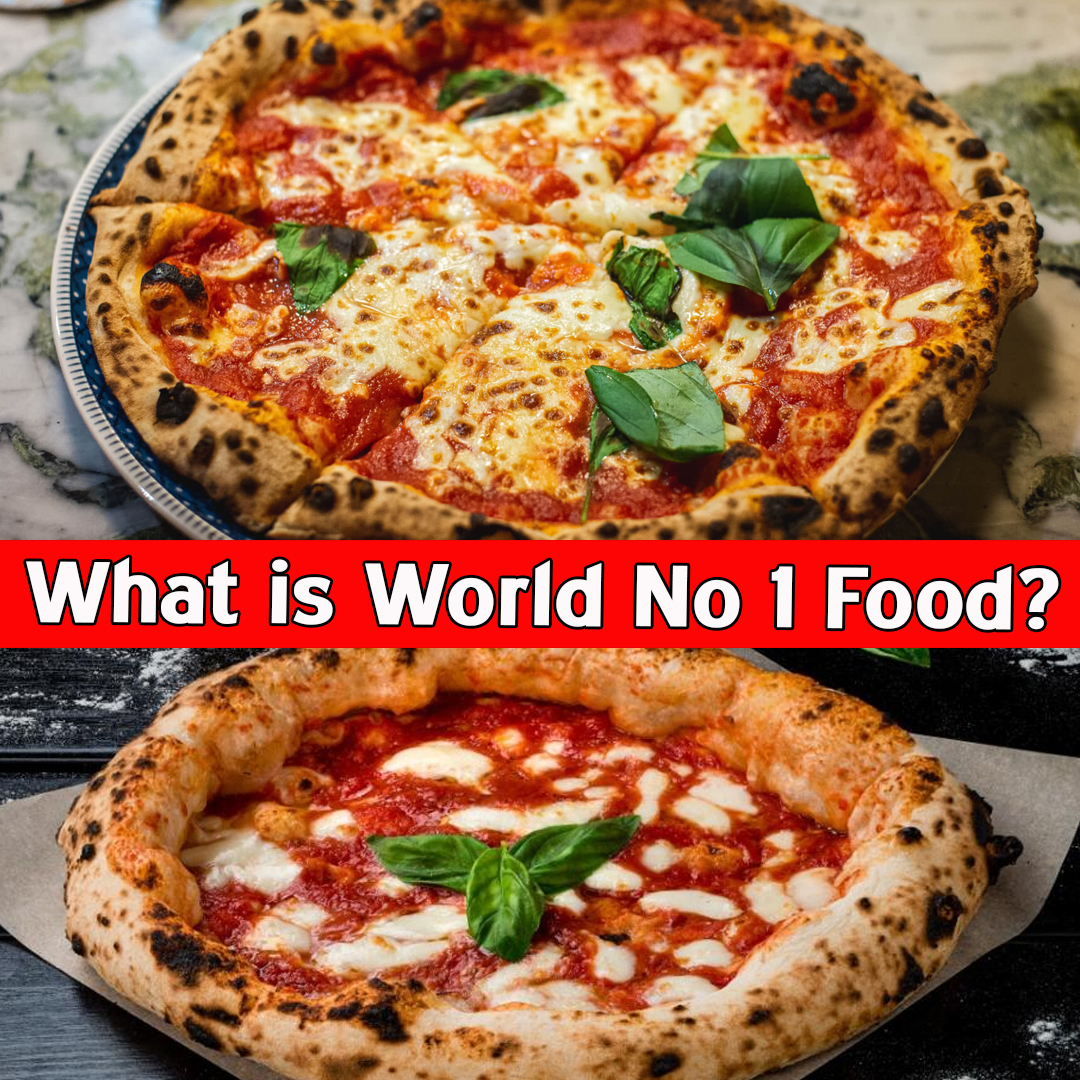
What is World No 1 Food?
Introduction: The Universal Language of Food
Food transcends borders, cultures, and languages. It’s a powerful symbol of heritage and identity, as well as a source of comfort, celebration, and creativity. Around the globe, millions debate the best dish in the world—one that encapsulates not just taste but history, cultural impact, popularity, and global recognition. So, what is the World No. 1 food?
After countless global surveys, expert reviews, food awards, and online rankings, Italy’s Pizza—specifically the Neapolitan Pizza (Pizza Napoletana)—is widely regarded as the world’s No. 1 food. Its unmatched global popularity, cultural significance, and delightful taste have earned it the top position.
In this detailed 2000-word report, we explore why Pizza holds the top spot, its origins, global reach, cultural impact, and competition from other popular cuisines. We also review rankings from trusted food publications and surveys to support this claim.
1. Why Pizza is Considered the World’s No. 1 Food
A. Global Popularity
Pizza is arguably the most recognized and consumed dish worldwide. Available in almost every country, pizza shops dominate major cities, small towns, airports, and even gas stations. Whether it’s New York-style slices or traditional Neapolitan pies, pizza has captured the hearts and stomachs of billions.
B. Cultural Versatility
Pizza adapts to local tastes while maintaining its core identity. From paneer tikka pizza in India to sushi pizza in Japan and cheeseburger pizza in the USA, the dish is a global chameleon that still feels like pizza no matter how it’s served.
C. Affordability and Accessibility
Pizza is affordable, easy to prepare, and scalable for both street food vendors and fine-dining restaurants. Its accessibility makes it beloved across all economic classes.
D. Culinary Balance
A good pizza offers a perfect blend of:
- Carbohydrates (crust)
- Fats (cheese, oils)
- Protein (meats, cheese)
- Fiber (vegetables)
- Umami-rich flavor (tomato, cheese, meats)
2. Historical Origins of Pizza
A. Ancient Roots
Flatbreads topped with herbs and oils were consumed in ancient Egypt, Greece, and Rome. However, the version closest to modern pizza emerged in Naples, Italy, in the 18th century.
B. The Birth of Neapolitan Pizza
Pizza Margherita was created in honor of Queen Margherita of Savoy in 1889, featuring:
- Red tomato sauce (representing Italy’s flag)
- White mozzarella cheese
- Green basil
This version became the foundation of modern pizza and is now protected by the EU as a traditional specialty guaranteed (TSG) dish.
3. Neapolitan Pizza: UNESCO Cultural Heritage
In 2017, UNESCO declared the art of Neapolitan “Pizzaiuolo” (pizza making) as an Intangible Cultural Heritage of Humanity. This honor cements pizza’s place not only as a food but as a global cultural symbol.
4. International Rankings That Crown Pizza as No. 1
A. TasteAtlas (2024 Ranking)
TasteAtlas, a trusted global food guide, ranked Neapolitan Pizza as the No. 1 dish in the world in 2024 based on user reviews, expert opinions, and popularity.
“Pizza Napoletana – the true pizza – is a culinary legend… unmatched in simplicity and flavor.” – TasteAtlas
B. CNN Travel Global Food Rankings
CNN Travel listed pizza at the top of their list of the “World’s 50 Best Foods” multiple times, praising its universal appeal.
C. National Geographic and BBC Food Rankings
Both have repeatedly featured pizza in their top 5 lists, highlighting its significance in global cuisine and pop culture.
5. The Science Behind Pizza’s Deliciousness
A. Chemical Reactions
The Maillard reaction during baking enhances the crust’s flavor. Simultaneously, glutamate in tomatoes and cheese activates umami, the fifth taste, making pizza deeply satisfying.
B. Flavor Symmetry
Pizza hits all major taste areas:
- Sweet (sauce)
- Sour (tomato acidity)
- Salty (cheese, meats)
- Bitter (burnt crust bits)
- Umami (cheese, tomato, meat)
6. Pizza Variations Around the World
A. United States
- New York-style: Thin, foldable, with a crispy crust
- Chicago deep-dish: Thick, cheesy, with layers of sauce and toppings
B. India
- Loaded with paneer, tikka masala, tandoori chicken
- Spicy sauces and herb-infused crusts
C. Japan
- Unusual toppings like squid, mayo, seaweed
- Sushi pizza and dessert pizza are common
D. Brazil
- Sweet pizzas with chocolate and banana
- Unique toppings like peas and corn
7. Fast Food Industry and Pizza’s Economic Power
A. Major Global Chains
- Domino’s
- Pizza Hut
- Papa John’s
- Little Caesars
These giants collectively earn billions of dollars annually, reflecting pizza’s commercial dominance.
B. Delivery Culture
Pizza is synonymous with delivery. The convenience of ordering a pizza online or by phone has made it the most frequently delivered dish worldwide.
8. Pizza in Pop Culture and Media
A. Movies and TV
From Teenage Mutant Ninja Turtles to Friends, pizza is often used to depict social bonding, late-night fun, or college life.
B. Social Media
Instagram and TikTok are flooded with pizza-related content—recipes, cheese pulls, challenges—making it one of the most photogenic and viral foods ever.
9. Health Aspects: Is Pizza Good for You?
While pizza is often labeled as fast food, it can be healthy when made with:
- Whole grain or cauliflower crusts
- Low-fat cheese
- Fresh vegetables
- Lean proteins
Neapolitan pizzas made with fresh ingredients are lower in calories than heavily processed fast-food versions.
10. Runners-Up: Foods That Challenge Pizza for the Top Spot
A. Sushi (Japan)
- Elegant, precise, and healthy
- Globally popular but requires a taste for raw fish
B. Massaman Curry (Thailand)
- Once ranked No. 1 by CNN
- Rich, spiced, and aromatic but not as widely available globally
C. Tacos (Mexico)
- Street food champion
- Bold flavors and customizable
D. Pasta (Italy)
- Nearly as beloved as pizza
- Thousands of variations and styles
E. Biryani (India)
- Spiced rice with meat or vegetables
- Iconic in South Asia, growing in global popularity
While all these dishes are incredible in their own right, none have matched pizza’s cross-cultural dominance.
11. Conclusion: Why Pizza Deserves the No. 1 Spot
Pizza’s reign as the World No. 1 food is no accident. Its ability to:
- Blend simplicity with complexity
- Adapt across cultures
- Deliver universal appeal
- Reflect culinary heritage
- Create economic and cultural impact
…makes it undisputedly the global food icon.
Whether it’s a $1 slice from a street vendor or a $100 truffle pizza at a luxury restaurant, the dish continues to evolve without losing its soul. It’s democratic, delicious, and timeless.
So next time you savor a slice, remember—you’re not just eating a meal. You’re tasting the world’s favorite food.

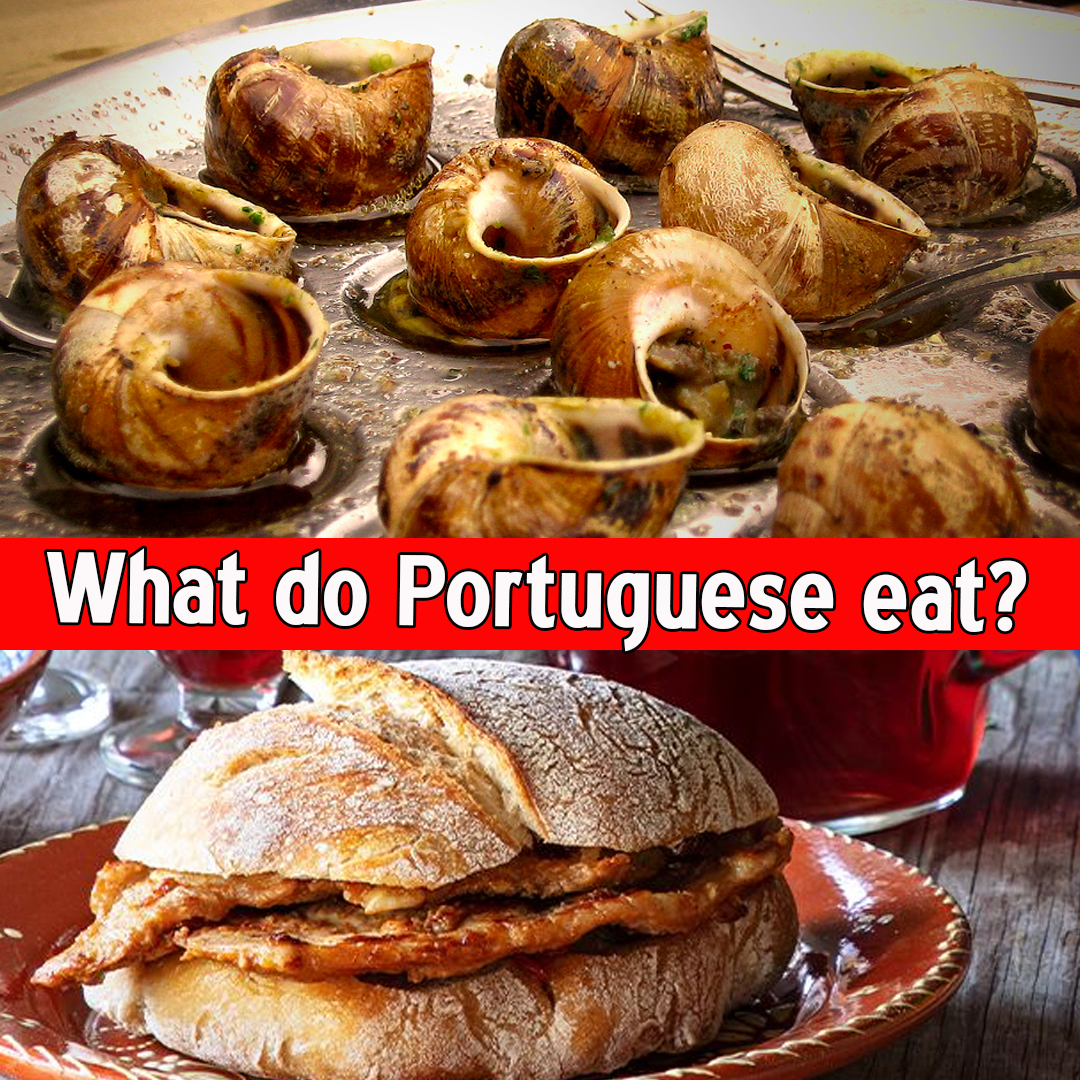


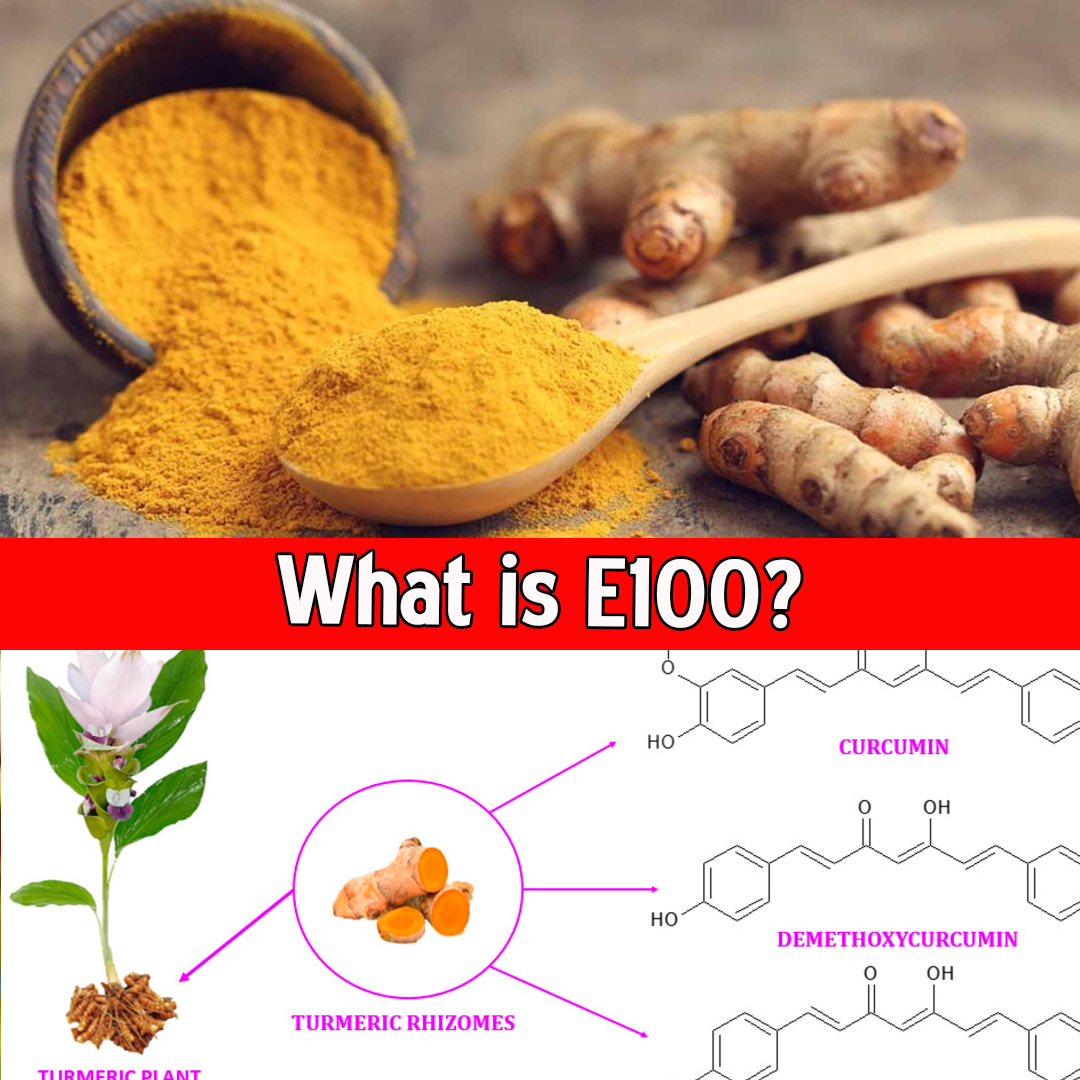

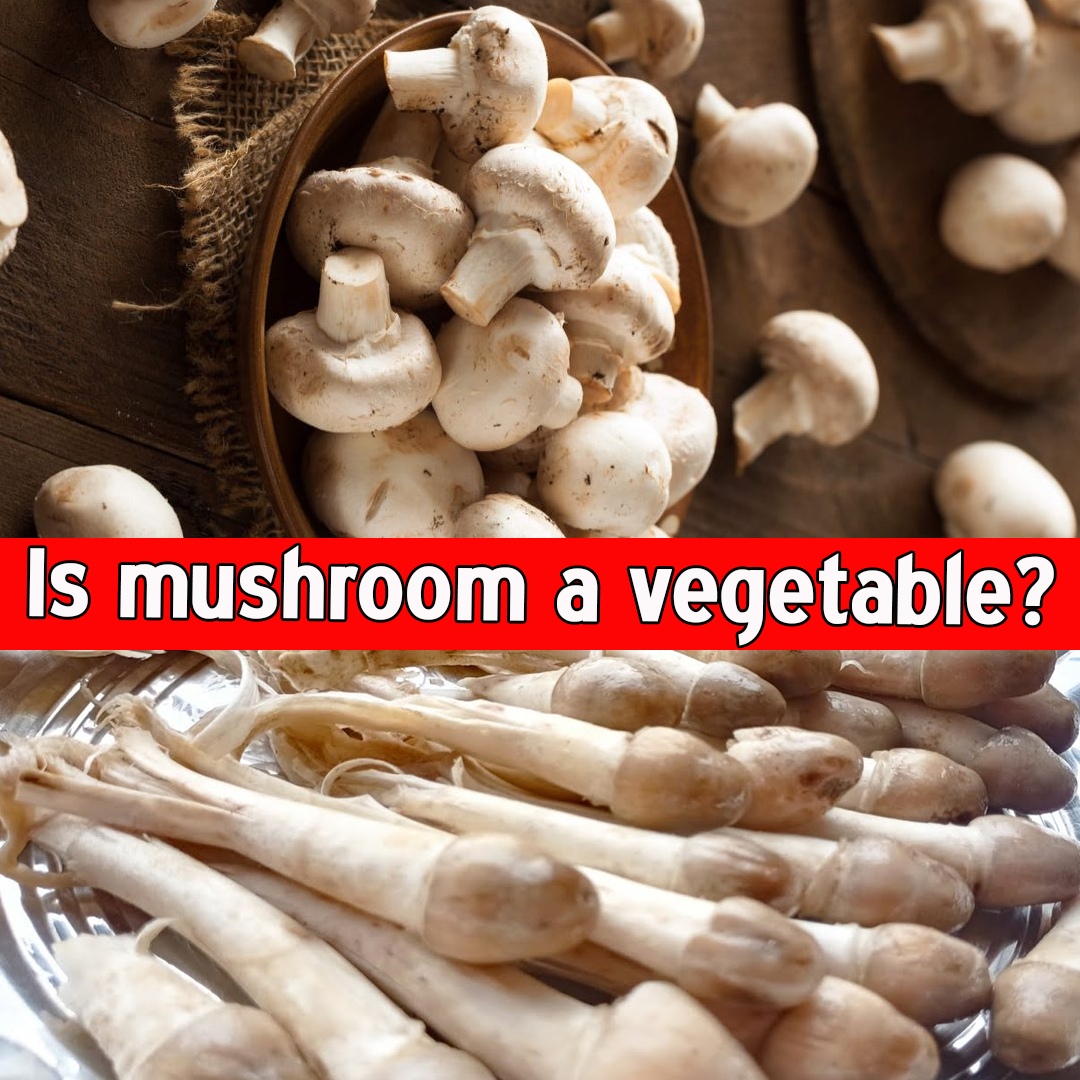



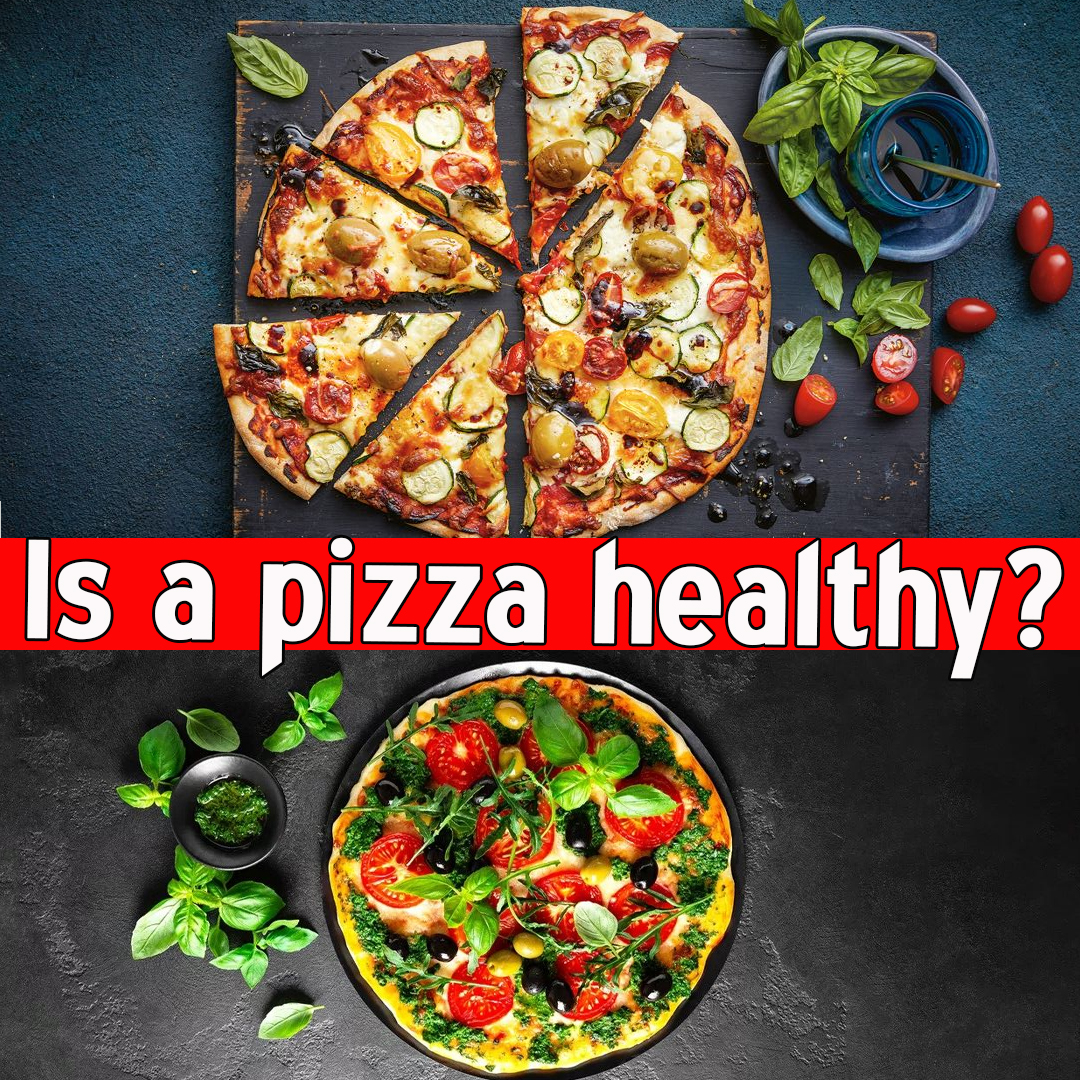




Leave a Reply